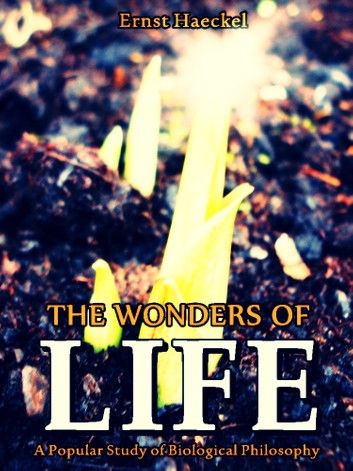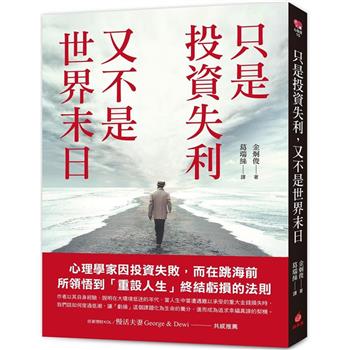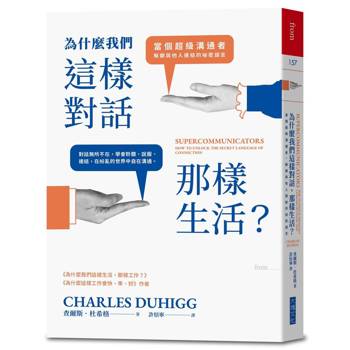| FindBook |
有 1 項符合
The Wonders of Life的圖書 |
 |
The Wonders of Life 作者:Ernst Haeckel 出版社:HARPER & BROTHERS 出版日期:2014-09-04 |
| 圖書館借閱 |
| 國家圖書館 | 全國圖書書目資訊網 | 國立公共資訊圖書館 | 電子書服務平台 | MetaCat 跨館整合查詢 |
| 臺北市立圖書館 | 新北市立圖書館 | 基隆市公共圖書館 | 桃園市立圖書館 | 新竹縣公共圖書館 |
| 苗栗縣立圖書館 | 臺中市立圖書館 | 彰化縣公共圖書館 | 南投縣文化局 | 雲林縣公共圖書館 |
| 嘉義縣圖書館 | 臺南市立圖書館 | 高雄市立圖書館 | 屏東縣公共圖書館 | 宜蘭縣公共圖書館 |
| 花蓮縣文化局 | 臺東縣文化處 |
|
|
Example in this ebook
The publication of the present work on The Wonders of Life has been occasioned by the success of The Riddle of the Universe, which I wrote five years ago. Within a few months of the issue of this study of the monistic philosophy, in the autumn of 1899, ten thousand copies were sold. Moreover, the publisher having been solicited on many sides to issue a popular edition of the work, more than a hundred thousand copies of this were sold within a year.[1] This extraordinary and—as far as I was concerned—unexpected success of a philosophical work which was by no means light reading, and which had no particular charm of presentation, affords ample proof of the intense interest taken by even the general reader in the object of the work—the construction of a rational and solid philosophy of life.
Naturally, the clear opposition of my monistic philosophy, based as it was on the most advanced and sound scientific knowledge, to the conventional ideas and to an outworn "revelation," led to the publication of a vast number of criticisms and attacks. During the first twelve months more than a hundred reviews and a dozen large pamphlets appeared, full of the most contradictory strictures and the most curious observations. One of[vi] the ablest of my pupils, Heinrich Schmidt, gave a summary and criticism of them in his Der Kampf um die Welträthsel, in the autumn of 1900. However, the literary struggle went on to assume gigantic proportions when twelve different translations of the Riddle appeared, and led to an ever-increasing agitation in every educated country of the Old and the New World.
I gave a brief reply to the chief of these attacks in April, 1903, in the appendix to the popular edition of the Riddle. It would be useless to go further into this controversy and meet the many attacks that have since been made. It is a question here of that profound and irreconcilable opposition between knowledge and faith, between a real knowledge of nature and an alleged "revelation," which has occupied the thoughtful and inquiring mind for thousands of years. I base my monistic philosophy exclusively on the convictions which I have gained during fifty years' close and indefatigable study of nature and its harmonious working. My dualistic opponents grant only a restricted value to these experiences; they would subordinate them to the fantastic ideas which they have reached by faith in a supernatural world of spirits. An honest and impartial consideration of this palpable contradiction discovers it to be irreconcilable—either science and experience, or faith and revelation!
For this reason I do not propose to make any further reply to the opponents of The Riddle of the Universe, and I am still less disposed to take up the personal attacks which some of my critics have thought fit to make on me. In the course of this controversy I have grown painfully familiar with the means with which it is sought to silence the detested free-thinker—misrepresentation, sophistry, calumny, and denunciation. "Critical" philosophers of the modern Kantist school vie in this with orthodox theologians. What I have said in this connection[vii] of the theologian Loofs, of Halle, the philologist Dennert, of Godesberg, and the metaphysician Paulsen, of Berlin, in the appendix to the cheap German edition of the Riddle, applies equally to many other opponents of the same type. These heated partisans may continue to attack and calumniate my person as they will; they will not hurt the sacred cause of truth in which I labor.
To be continue in this ebook................................................................................................................
|










